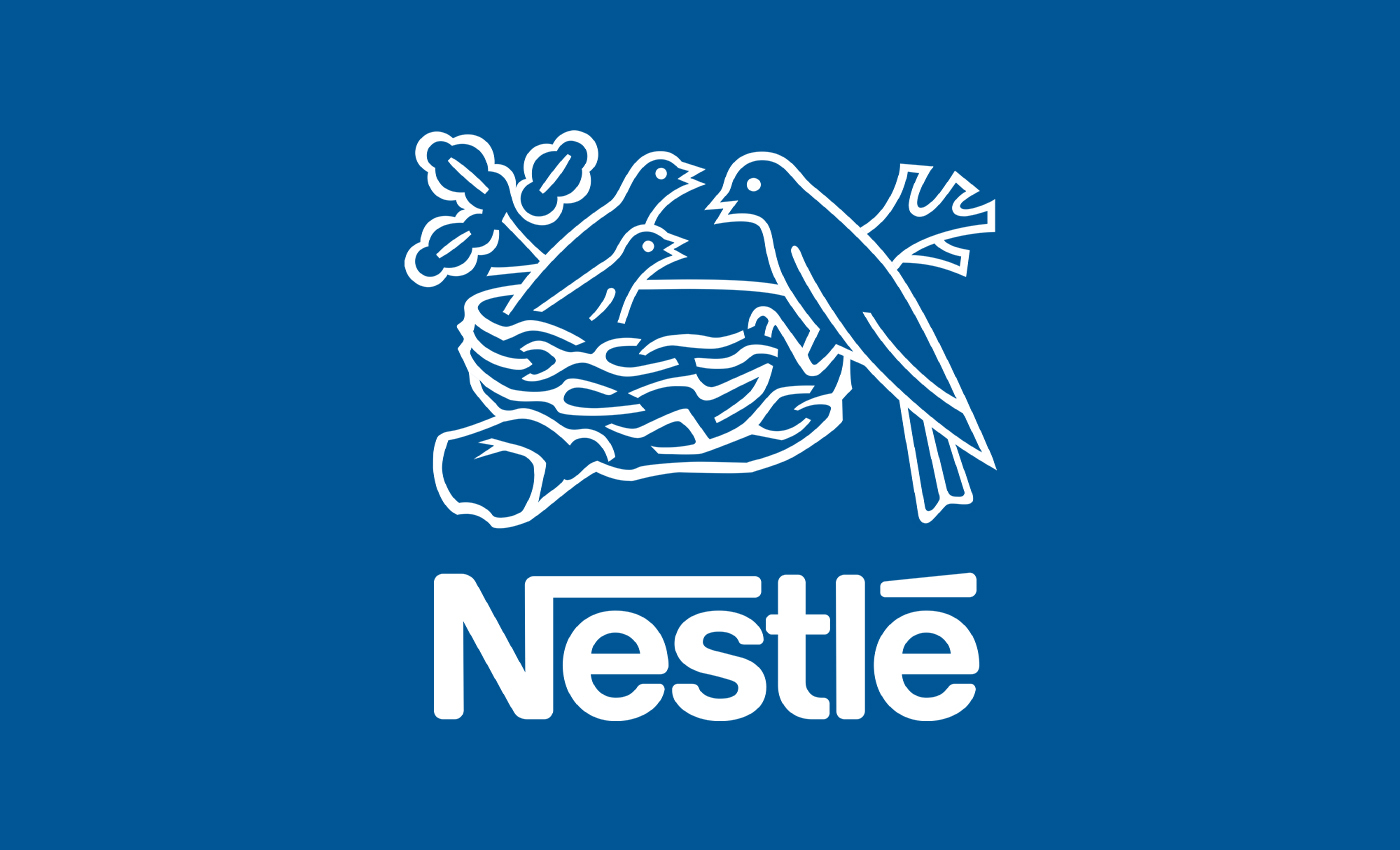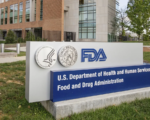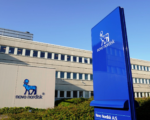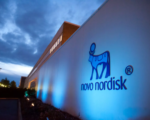Nestle (NESN.S), the world’s largest food company, has launched a new product in the United States aimed at weight-loss drug users: Boost Pre-Meal Hunger Support, a protein shot designed to suppress appetite. This move marks another step in the company’s strategy to capitalize on the growing demand for weight-loss solutions.
About the Product
The Boost Pre-Meal Hunger Support shots are intended to be consumed 30 minutes before a meal. Nestle claims the drink promotes a natural GLP-1 hormone response, mimicking but on a smaller scale the appetite-suppressing effects of weight-loss drugs like Novo Nordisk’s Wegovy and Eli Lilly’s Zepbound. These popular medications, administered via weekly injections, are known for reducing hunger and inducing feelings of fullness.
Priced at $10.99 for a pack of four, the shots contain:
- 10 grams of whey protein
- 45 calories
- 1 gram of sugar
- Zero fat
The shots are currently available on Amazon.com and in select CVS stores.
Mechanism and Claims
Nestle’s Chief Technology Officer, Stefan Palzer, explains that the protein shot’s formula includes a patented mix of peptides designed to trigger a natural GLP-1 response in the body. The product is based on whey protein micro-gels, which digest more slowly and interact longer with intestinal receptors to release the GLP-1 hormone.
This is not intended to replace weight-loss drugs but may complement their effects or help individuals maintain weight loss, Palzer said. Nestle has also patented the product’s formula to protect its unique mix of peptides and micro-gel technology.
The Science Behind It
Nestle conducted a study in 2021 involving 26 participants with type-2 diabetes, comparing the effects of whey protein microgel against a placebo. Results showed:
- 22% reduction in glucose levels two hours after a meal in the whey protein group.
- A positive effect on GLP-1 hormone levels.
While these findings suggest potential benefits, experts remain cautious. Dr. Lora Heisler, a nutrition researcher at the Rowett Institute, stated that while the product may boost GLP-1 levels, the effects might be comparable to consuming a glass of milk, questioning its long-term impact on weight loss.
Nestle’s Broader Strategy
The protein shots are part of a broader push by Nestle to cater to the booming obesity treatment market, which analysts project could reach $150 billion annually within a decade. Earlier this year, the company introduced protein-enriched frozen pizzas and pastas in the U.S., designed for people taking weight-loss drugs.
Nestle’s move comes amid significant shifts in consumer habits driven by the increasing popularity of weight-loss medications. In 2022, Walmart reported a slight decline in food consumption among customers using these drugs, triggering a market-wide selloff in food company shares, including Nestle’s.
Appetite for Weight-Loss Products
Nestle’s new product seeks to tap into the growing market for alternatives to injectables. While the shots offer a less powerful solution compared to medications like Wegovy or Zepbound, they provide a convenient, non-prescription option for individuals looking to manage their weight.
The protein shots also highlight Nestle’s ambition to innovate within the weight-loss segment, focusing on products that align with shifting consumer needs and health trends.


















